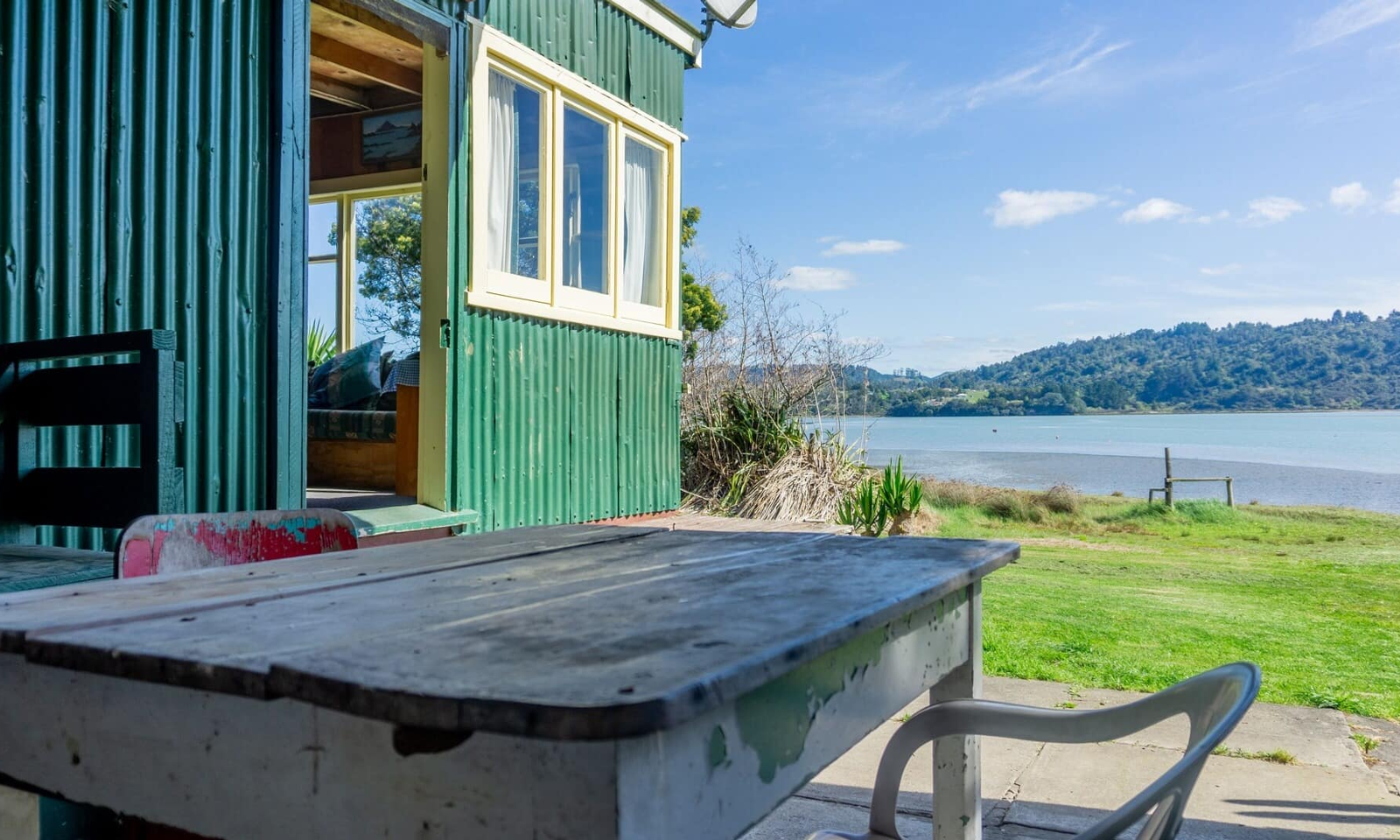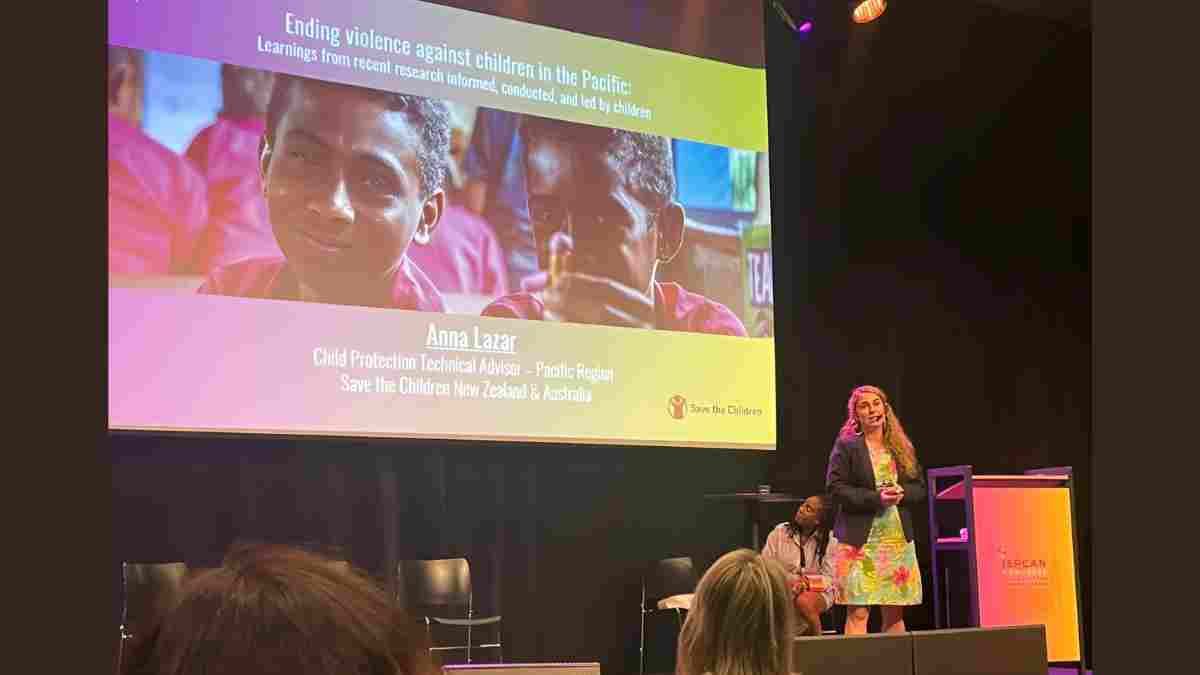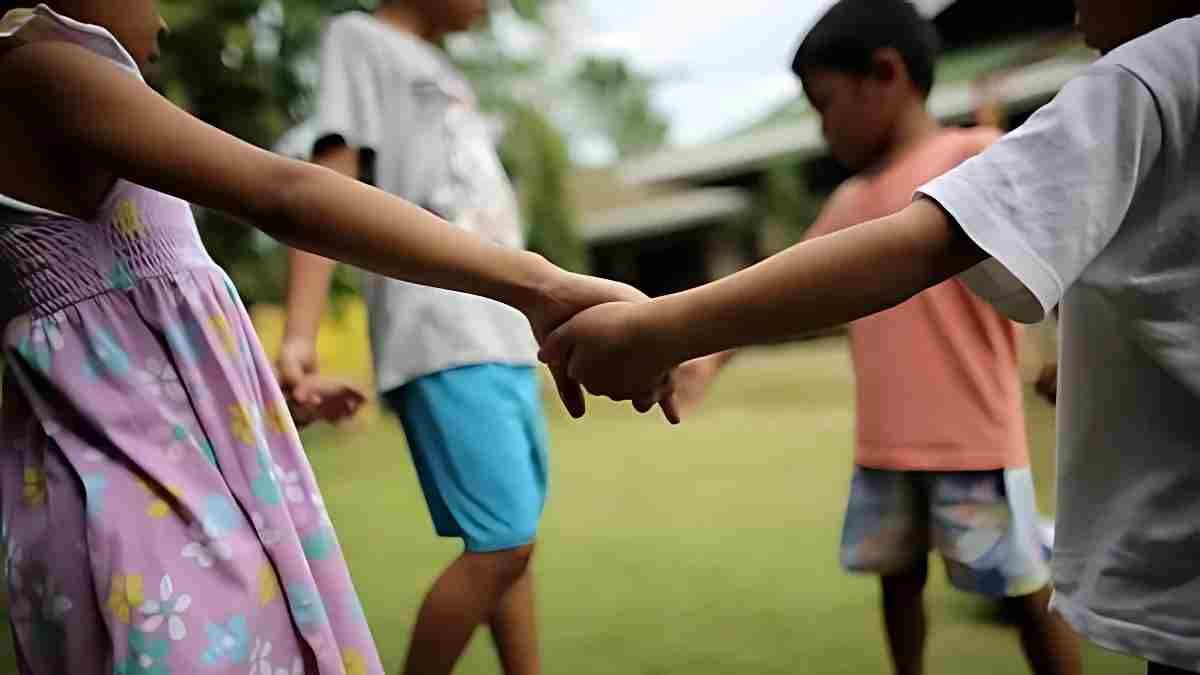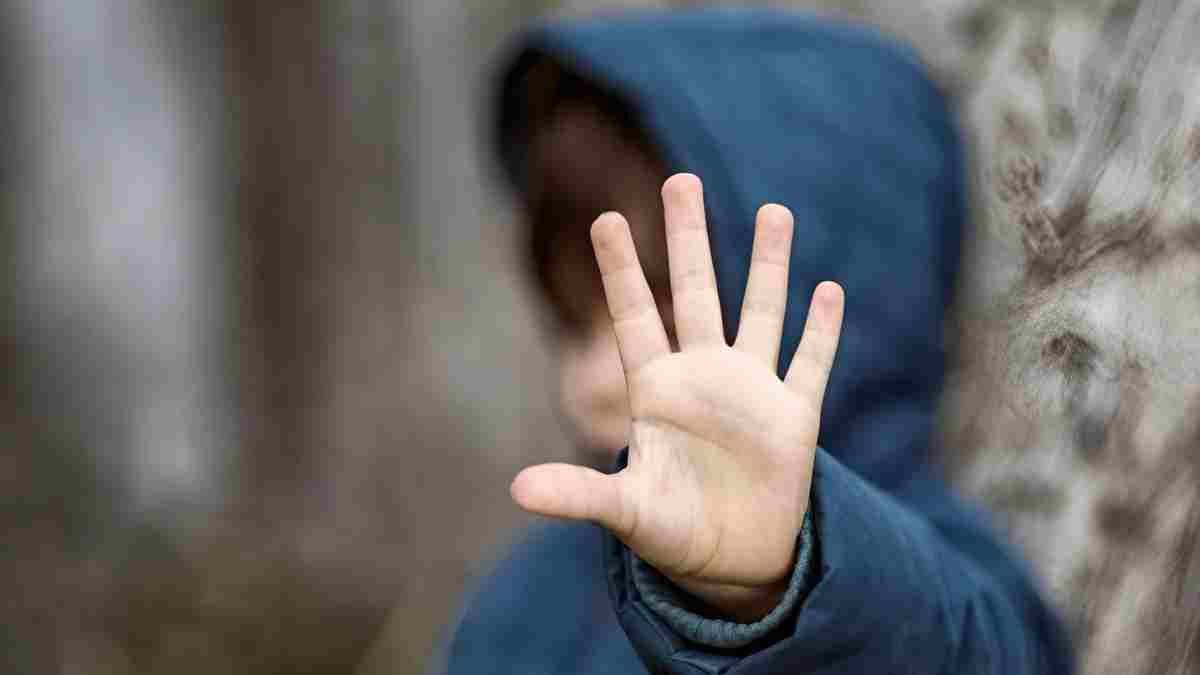

Recent research has shed light on significant human rights issues with child welfare practices in the Pacific.
Photo/UNICEF
Child protection expert warns system is so stretched
One in two children are victims of violence and the power to end it is in our hands, Save The Children's Anna Lazar says.

Memories over miles: South Aucklanders share their favourite holiday getaways



Child protection professionals and front-line workers are challenged more than ever to work with fewer resources to support children and families, Save The Children New Zealand says.
Its child protection adviser for the Pacific, Anna Lazar, says it's been tough for officials trying to help those affected become resilient beneficiaries of any system of protection in the region.
She says crises and challenges when shared in a community of learning, present good opportunities for growth and success.
Lazar's comments follow new data released recently showing that one in two children are victims of violence in the Pacific.
She told Pacific Mornings' William Terite that the power to end this violence against children lies in our hands.

Anna Lazar makes her case on child protection at a global conference in Sweden. Photo/STCNZ
Lazar was instrumental in the work behind the research - Pacific Regional Child Protection Situational Analysis - which also found that children in Oceania are facing increasing levels of physical, sexual, emotional, and online violence at home, school, and their communities.
She adds the study focussed on children in Fiji, the Solomon Islands, Vanuatu, Papua New Guinea, and Tonga, where high rates of abuse are reported.
"The research, one of its kind, was very important particularly post-Covid where we were missing data on child protection so this study was valuable for us and our partners.
"To inform us of future programming and advocacy work to realise children's rights in the Pacific.
"We also work with parents and caregivers, they were given a lot of space to share their ideas, their expectations, and their hopes for their children in this research.
"We certainly work a lot with parents, particularly in our prevention programmes. In Fiji, Solomon Islands, and Papua New Guinea, we work with parents and caregivers to provide them with skills and strategies around positive parenting to ensure they can be equipped to have healthier, more positive relationships with their children.
"As we know, parents are under incredible stress, particularly in low-served communities across the Pacific, and especially with the multiple crises they are affected by.
"It is difficult sometimes to keep positive coping mechanisms. And so by giving them positive parenting strategies, we hope that they can have a healthier and safer environment at home."
In Aotearoa this week, two months after a sobering report into New Zealand's child protection system, Oranga Tamariki still has no update on how the government agency is improving its practices.
A report in 2022 by Dame Karen Poutasi, made 14 recommendations after the former chair of Te Whatu Ora Health NZ board was appointed to investigate what the agencies could have done better following the death of five-year-old Malachi Subecz.
The boy was murdered at the hands of his caregiver a year earlier, and Oranga Tamariki was found to have failed to take the "bare minimum" action over safety concerns about Malachi.
A follow-up assessment announced in August by Aroturuki Tamariki, the Independent Children’s Monitor, found that system-wide change is needed.

Photo/UNICEF
Lazar recently attended the International Child Abuse Prevention Non-Profit conference in Sweden where she presented Save The Children NZ's research findings.
She said the congress theme - Working Together in Times of Crisis - emphasised the difficult realities, new challenges that children face, and the innovative solutions the global community employed in research and practice.
She said that increasing violence, armed conflicts, the Covid-19 pandemic, climate change, stress, and cultural practices all threatened mental health and wellbeing.
She added that participants learned new ways to manage vicarious trauma, expand their skills and research questions, and keep advancing child protection forward.
Sweden has a rich history and dedication to child protection, with the UN CRC ratified as Swedish law.
Sweden now ranks #1 in the world in the 2023 Kids Rights Index based on the right to life, health, education, protection, and enabling the environment for child rights.
Watch Anna Lazar's full interview below.
For the Pacific island nations, "we tend to fall rather low in the ranking over 176 countries", Lazar said.
"PNG is very close to the 176, unfortunately. The top ranking within the Pacific is Fiji. It's an interesting way of looking at things, at grading, how they're doing in terms of what puts PNG in the Pacific countries lower in the ranking environment on child rights.
"That is measured through various criteria, having national legislations that promote the rights of children, having a dedicated budget for child protection. We know in the Pacific, that is very, very minor - 0.06 per cent of the government budget goes to child protection services in Papua New Guinea, Solomon Islands, and Vanuatu. This is certainly not enough.
"The other criteria are government and civil society collaborations, having services that are child-friendly, and a skilled workforce to promote and support children.
"These are areas that require more investment and more work if countries would like to be graded as progressing towards the higher ranks of the rights index."
New Zealand is ranked 62 out of 194 countries.

Photo/Auckland University